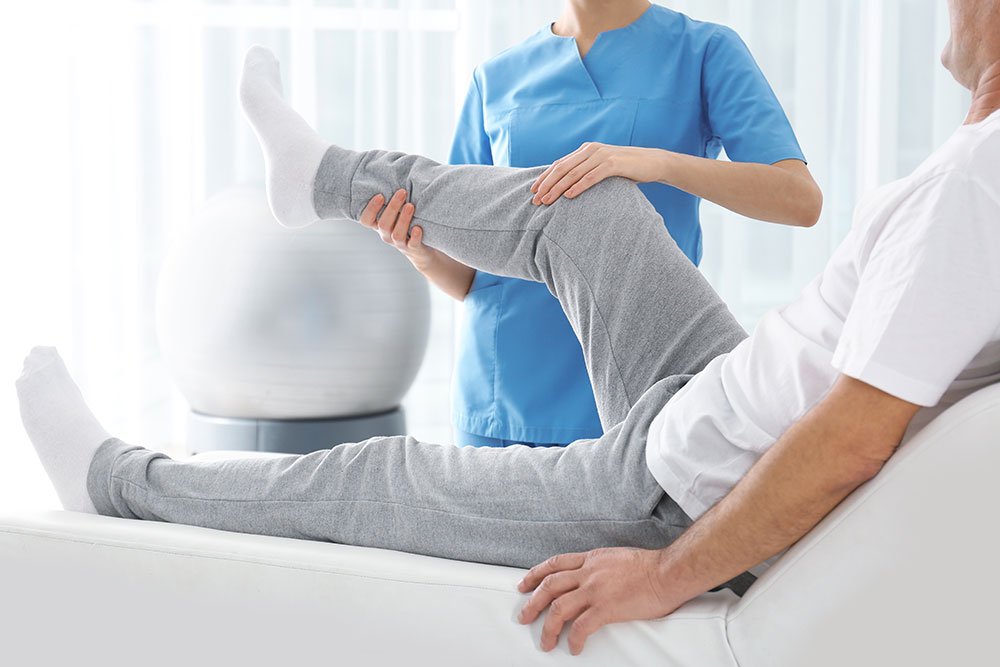Living with TMJ (temporomandibular joint) can be very hard as you have to face multiple problems. It affects basic things like eating, speaking, and even sleeping. TMJ disorder basically occurs when the jaw joint and muscles that surround it become stressed or inflamed, which can then cause pain when you try to move your jaw.
If you are looking for TMJ treatment in Los Gatos, then it is important to contact a highly qualified professional who can help restore your comfort and improve the quality of your life with careful treatment.
It is important to learn some effective ways in which you can get relief from pain caused by TMJ. Read this article to learn more about why TMJ pain is caused and what you can do to get relief from it.
TMJ Pain and Its Root Causes
The first step in managing your TMJ pain is to find the root cause and dysfunction. TMJ disorder happens because of many factors, which can be taking a lot of stress, having a poor posture, and even genetics.
Stress and Tension
If you are taking a lot of stress, then it can increase or make TMJ symptoms worse, especially if you clench or grind your teeth. It is important for you to have some mindfulness and stay relaxed.
Poor Posture
Poor posture is very important for everyone as it affects you physically and socially. Sitting or standing with a poor posture can affect your jaws as it can put pressure on your neck and jaw. This then makes your TMJ pain worse.
Genetic Factors
Some people can have TMJ issues because of their genetics, which makes it important for them to consult with a professional so that they can get proper treatment according to their situation.
At-Home Therapies for Immediate Relief
There are some exercises and therapies that you can do at home to get easy relief from your TMJ pain. Even though these can give you temporary relief, they can also help you manage it.
Heat and Cold Therapy
Using heat and cold packs alternatively can help reduce inflammation and relieve pain. A hot compress helps relax the tight muscles, whereas an ice pack reduces swelling.
Jaw exercises
Jaw exercises basically include simple jaw stretch exercises. These can help improve your ability to use your jaws and reduce stiffness, but you have to make sure that you do not overdo it or put a lot of strain on your jaws.
Dietary Modifications
Eating soft food can help avoid any kind of tension in the jaw muscles. Do not eat hard, crunchy, or chewy foods that cause tension and pain.
Advanced Treatment Options: Non-Surgical Approaches
When home or self-treatment does not help you get relief from pain, then you can also go for non-surgical treatments, which can help in more severe TMJ cases. These treatments focus on alignment, relaxation, and pain relief.
Physical Therapy
In physical therapy, you have to do some specific exercises that can strengthen supporting muscles and improve mobility over time. This helps in reducing TMJ stress.
Oral Splints or Mouthguards
A mouthguard can be used to stop you from grinding your teeth at night. This can cause the jaw joint to experience relief from pressure, which can help reduce pain.
Medication Management
Anti-inflammatories, muscle relaxants, or even low doses of some antidepressants can be very useful in relaxing the muscles and reducing inflammation. This can help reduce the pain caused by TMJ.
Surgical Interventions
If you are not able to get relief from any of these, then surgery is the last option left for you. It is the best way to get relief from TMJ. You have options like arthrocentesis and arthroscopy, which are less invasive. In some complex cases, Open joint surgery is needed.
Take Action for Lasting Relief
If you have TMJ, do not suffer silently with the problem. Contact a professional today. They can help you understand your situation and make a treatment plan for you so that you can have a better quality of life, free from TMJ discomfort.

